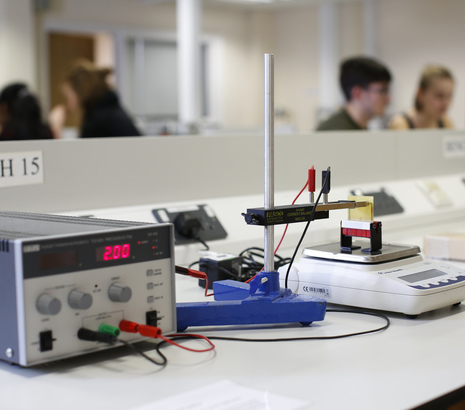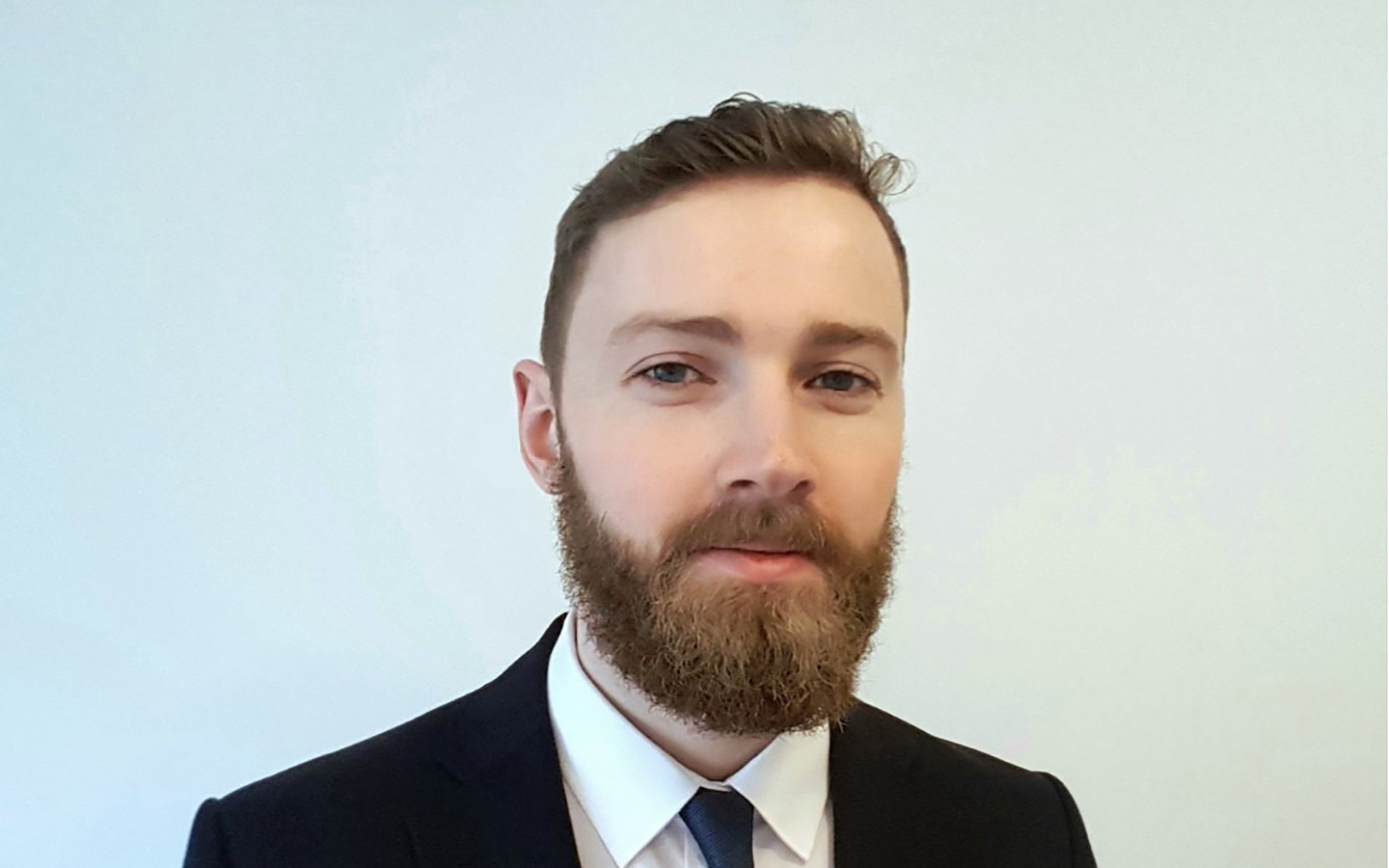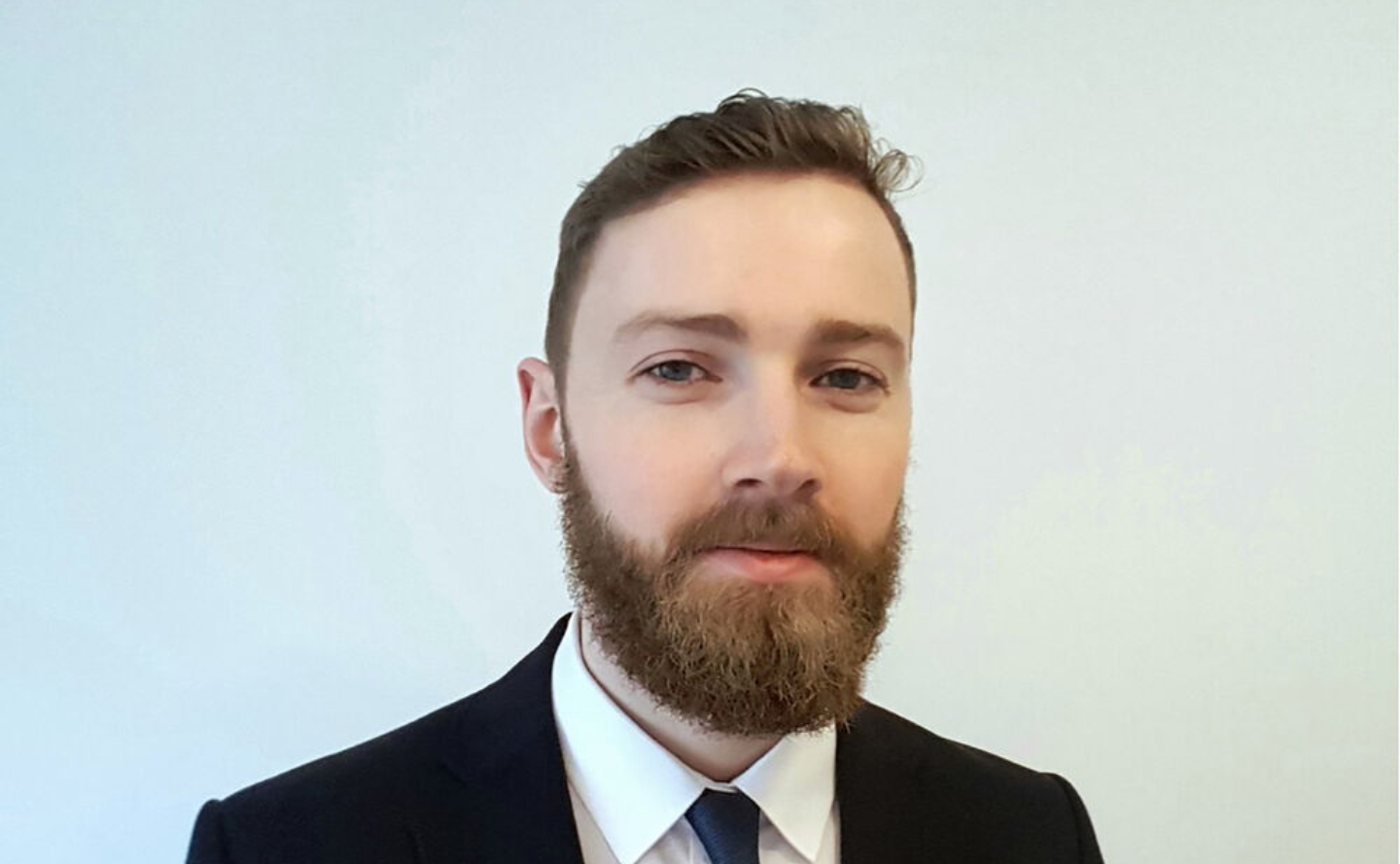Sign up for updates
Interested in studying at the University of Hertfordshire and want to sign up to our mailing list to learn more about our facilities, living in the UK and student life? Use the form below and our team will also keep you informed of key updates such as events near you, applications opening and more!
BSc (Hons) Physics with Space Science
£2,000 scholarship available with the ‘Mathematics and Physics’ scholarship.
Key information
-
Typical offer: 120–128
Entry requirements -
Fees: See below
Full details -
UCAS code: F302
-
Institute code: H36
-
Study abroad option
-
Work placement option
Find out more
Why choose this course?
- 2nd in the East of England for physics and astronomy (Complete University Guide, 2024)
- New optional Machine Learning module in second year
- Gain solid physics as well as engineering knowledge and skills
Combine your interests in physics and spaceflight
You are fascinated by the science that underlies our current understanding of the physical world, and you are excited by the exploration of space within our solar system using spacecraft. You want to develop your skills in physics, maths, computing and practical work. You want to understand more about how modern technology is enabling us to probe further into the universe - using telescopes based on the earth and in space - and travel to more distant worlds using robotic spacecraft. You are interested in the role that the space industry can play in saving and protecting our planet.
We offer a broad and exciting curriculum which covers topics from plasma physics to space systems, geophysical fluids to rocket science. Our hands-on approach to the application of the physical and space sciences will spark your imagination. You’ll become creative and be able to solve real-world problems based on research-informed knowledge.
You don’t want to choose between your two favourite subjects. By studying physics with space science at Herts, you’ll have the best of both worlds.
Benefit from our links to the space industry
At Herts, you’ll benefit from national and international links to the space industry. We have strong links to leading space industry experts, including: Goonhilly Earth Station (GES) in Cornwall, Airbus Defence and Space (in nearby Stevenage), the UK Space Agency and NASA, together with the rapidly growing number of Earth observation and satellite companies.
Herts and Hatfield have a proud history in space science and innovation. The pioneering Blue Streak rocket was built in Hatfield and the mathematics department has been involved in ground-breaking work on the optimisation of spacecraft trajectories. The University continues to build excellent industry links and forge progress in international space exploration and research.
You’ll benefit from access to one of the best astronomical teaching observatories in the UK – Bayfordbury Observatory. The Observatory, which hosts a suite of space science instrumentation, enabling you to observe and measure the atmosphere and climate, and track satellites as part of your own research and project work. Our team of expert researchers and academics will be with you every step of the way.
With lots of opportunities to master practical skills and theory, you’ll step into your future career with confidence.
What's the course about?
Physics is a fundamental science that seeks to describe and explain the material world in terms of particles and their interactions. This study takes place on many scales, from quantum dynamics to atmospheric physics – both areas currently under research at the University of Hertfordshire. Space science is the application of physics and engineering to the space environment of the Earth, and to spacecraft systems and dynamics. The development of ingenious instrumentation which is able to push measurements to their physical limits is important to both physics and space science.
Your main campus is College Lane.
This is where the creative arts, science and health-related subjects are based. This means you’ll share the campus with future nurses, scientists, artists and more. You can use the common rooms to relax with friends, work out in the 24-hour gym or have a drink in our on-campus pub or cafes. We also have restaurants for you to eat in or grab something on the go. Our Learning Resources Centres are open 24/7, which means you can study whenever suits you best. Want to pop over to the other campus? You can take the free shuttle bus or walk there in just 15 minutes.
New School of Physics, Engineering and Computer Science building now open
Learn in our new state-of-the-art building science building called Spectra, featuring a variety of interactive learning spaces. Benefit from two brand-new physics teaching labs.
Spectra is home to the Centre for Climate Change Research and the Wolfson Centre for Biodetection and Instrumentation Research, which have both been created in response to the most pressing global challenges. There is also the Centre for Astrophysics Research. You will also benefit from our Academic Support Hub, which is aimed at helping you build your employability and academic skills. Plus, have access to industry mentors who will provide you with pastoral support, vocational guidance and career progression opportunities.
Spectra will also provide space to collaborate, with plenty of workshops, social and meeting spaces available. Even better, the building has been designed with the University’s net zero carbon target in mind, and forms part of our plan to replace or upgrade older sites that are energy inefficient.
What will I study?
Our course offers a unique blend of core physics alongside the specialised area of space science. While based in the Department of Physics, Astronomy and Mathematics, you’ll also benefit from opportunities to take modules from the Department of Engineering including Space Systems, Rocket Propulsion and Performance, and Satellite Communications.
At Herts, we offer a range of teaching methods so you can reach your full potential. From small-group tutorials, to lectures, practical classes and guest speakers from industry, you’ll be inspired and supported every step of the way. You’ll also have access to Bayfordbury Observatory where you’ll carry out astronomical observations in a professional setting.
We offer a problem-based learning approach. Be inspired by our hands-on/practical approach to teaching. You’ll have the chance to work in teams to solve a space science problem. You’ll then deliver your findings in a competitive tender presentation to justify your proposal.
Not only will you showcase your theoretical knowledge, but you’ll gain confidence as an expert problem-solver through creativity and logic. For example, a workbook that you create in the module Space Dynamics is a detailed record of your investigation of the orbital and spin dynamics of spacecraft. Although a form of assessment, many graduates have used the workbook during job interviews to highlight their skills and capabilities.
In your first year, you’ll develop a solid broad foundation in physics, astrophysics and scientific mathematics, alongside training in laboratory and observatory techniques. The emphasis is on closely supporting your studies through regular academic meetings with a personal tutor in small groups. The class sizes mean that you will quickly get to know your peers and work together, sometimes in study groups that you form yourselves. A valued feature of the course is the easy and informal access you have to staff teaching on the modules.
In your second year, you’ll begin start to specialise in more advanced areas of physics and space science, including modules in Space Science and Systems and advanced core curriculum in electromagnetism and thermodynamics. One of the optional physics modules focuses on plasma physics and fusion reactors. Plasma physics is key to understanding the space environment close to the Earth. Fusion reactors, apart from their importance to energy generation on Earth, may someday power interstellar spacecraft.
In your third year, you will study topics such as nuclear and particle physics, and geophysical fluids – the motion of the atmosphere and oceans. You’ll also undertake an in-depth investigative project. Throughout the project, you’ll be closely supervised and guided by one of our experienced researchers in our research centres and groups. Previous projects have included designing a calibration system for airborne ice sensors, modelling the behaviour of soliton waves in the oceans, and examining quantum dynamics using topological methods. You will study the performance and propulsion of rockets and study spacecraft dynamics in an innovative computer-based environment.
If you decide to continue your studies onto our MPhys course, you do a research-level project as half of the fourth-year schedule. You will also do an advanced module on the space systems approach to mission planning.
Find out more about the MPhys(Hons) Physics with Space Science.
Check out our student blogs

Student Blogs
Haram - Week at a glance
My week at a glance
The start of the week for me is late in the day since my first lecture is usually in the afternoon. This however, works out very well for me since it’s hard to quickly pick up my momentum after a weekend of meeting up and chilling out with friends. Therefore, Monday calls for a late breakfast with at least one of my flatmates in the kitchen that I share with seven other lovely girls. Then I walk to my lectures which are usually back to back three or four hours of different modules, so I get done early in the day. All lectures done, my friends and I go to the Learning Resource Centre (LRC) to do our week’s tutorial questions together or look over any doubts we might have left from last week. After a couple of hours we tend to walk down to the forum or one of the accommodation common rooms to play pool or table tennis.
Tuesday is usually my lab day, so I meet up with my designated partner and go over the experiment and the pre-lab questions before attending the lab session. These last three hours so I usually go back to my flat after to talk a nap before analysing the data and writing out the lab report.
Wednesdays are off-days for most of the students at Herts because this is the day most active student sessions are run. Therefore, Wednesday starts with me going to my favourite badminton session and usually ends with some progress towards my course work deadlines for the month.
Thursday and Fridays are usually just lecture and tutorial days with a couple of hours on each day spent in the LRC looking for resources to help with my course work and then playing pool/going to the forum to relax . At Herts, I have found that it is extremely easy to balance my university workload and my social life.

Student Blogs
Haram - Things you should know
Things you need to know before studying Physics at Herts
Physics as an undergraduate subject, according to my many hours of Google searches, is quite a confusing choice for most people as it was for me. It’s not the traditional “safe” subject compared to degree that has a designated career path. While a lot of people made it seem like that might be a terrible thing, choosing to study physics at university has been the best decision I have made. I do admit that I was extremely nervous about the decision at first which encouraged me to talk to someone in CareerHub that referred me to the physics, astronomy and mathematics (PAM) career advisor. She showed me an extensive list of careers that I can pursue as a physics student at Herts. Physics undergraduate here includes modules involving maths, astrophysics and programming which train you to do any jobs from medical physics to jobs in banks.
Academically speaking the first year of the physics degree at Herts starts at the very fundamental with all the lecturers ready to explain and re-explain the basics. I never felt like I was falling behind although I do believe that taking physics at A-Level helped me a great deal and let me focus more properly on moving to a whole different country and fitting in.

Student Blogs
Haram - Why I chose Herts
Why I chose Herts
As an international student here at the University of Hertfordshire the main thing that attracted me was the convenience of my accommodation being so close to my lectures. Not only that, but it was also the best of both world situation for me, since its only 20 minutes from Hatfield to king’s cross station so I was able to explore London as if I were living there. I am a Physics student here which meant with the right training I got to have access to the Bayfordbury observatory and being able to use those telescopes and be able to develop my own pictures of galaxies and whatnot has been a dream come true. I also get to do all sorts of practical lab work and apply everything I learn in lectures, just as a theory to in real-life situations, which makes the degree interesting and clear.
One of the other main things I noticed when I came here was the Learning Resource Centre (LRC) was huge and had all the recourses needed. There are several types of study rooms, whether you want to study with your mates or just by yourself, the LRC has a whole silent study floor dedicated to it.
Moving away from academics, the University offers extra-curricular activities for everyone. From regular weekly active student session to Big Wednesday forum parties there is something for everyone.

Alumni Stories
Jordan Skilling
Meet Jordan Skilling whose Physics degree took him on an unexpected journey into the financial sector. Jordan is now a Commodities Trade Support Analyst for Morgan Stanley.
Read more stories BSc (Hons) Physics| Current role | Commodities Trade Support Analyst |
|---|---|
| Year of graduation | 2014 |
| Course of study | BSc (Hons) Physics |

University experience
Going to university gave Jordan the chance to study his favourite subject area and see where it took him. While he was interested in both Astrophysics and Physics, at the University of Hertfordshire he knew he would have access to one of the largest teaching observatories in the country, Bayfordbury Observatory. This was ‘a major plus’ when Jordan was making his university choices.
He decided to study Physics, but also developed a keen interest in Mathematics. He learnt to grapple with abstract ideas and make accurate and clear summaries of his thoughts. Jordan tells us how the logical thinking skills he developed at university helped him to ‘handle life in investment banking.' Furthermore, he liked the social side of student life. He was involved in societies and remembers ‘many funny days, laughing with housemates.'
Career progression
After graduating, Jordan landed a job with Merrill Lynch in Chester. It involved supporting the sales and trading desks in Singapore, London and New York. Jordan recommends new graduates consider starting out in a company’s off-site location as it’s a ‘fantastic way of getting your foot in the door, giving you the opportunity to learn a wide range of processes’. This experience was beneficial when Jordan later moved to London to become a Commodities Trade Support Analyst for Morgan Stanley.

